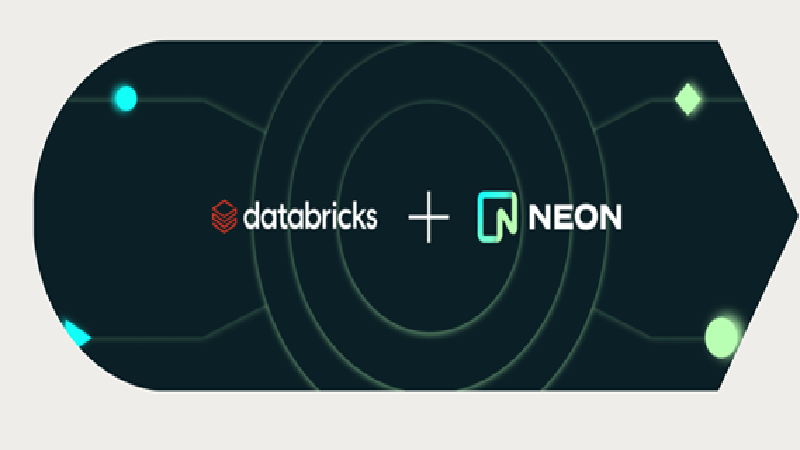15-May-2025 :
Databricks has announced its plan to acquire Neon, an open-source database startup offering a serverless Postgres alternative to AWS Aurora, for approximately $1 billion. The acquisition aligns with Databricks’ strategy to build out AI-native infrastructure, especially as demand rises for agent-driven applications that need scalable, low-latency database systems.
Neon’s cloud-native platform enables developers to clone, preview, and manage databases with point-in-time recovery and automatic scaling. Built from the ground up for cloud and developer efficiency, Neon separates storage and compute, allowing for cost-efficient branching and testing—features that resonate with modern AI and devops needs.
The move comes as AI agents are expected to play a larger role in software deployment and operations. According to Databricks, 80% of Neon's databases are already provisioned by AI agents rather than humans. By integrating Neon’s serverless Postgres into its data and AI stack, Databricks aims to give customers greater agility in deploying generative AI agents with database backends that can keep up with rapid, code-based interaction patterns.
Founded in 2021 by CEO Nikita Shamgunov and engineers from the core Postgres team, Neon has grown by offering developer-centric workflows like instant previews, automated branching, and no-hassle performance tuning. Their managed service supports both free-tier experimentation and scalable paid plans, making it popular among early-stage startups and enterprises testing microservices or LLM-based features.
Ali Ghodsi, co-founder and CEO of Databricks, called the deal a step forward in enabling 'serverless Postgres that can keep up with agentic speed.' The acquisition enhances Databricks' ability to meet next-gen developer needs in a world where code is increasingly written, deployed, and managed by intelligent agents rather than traditional engineering teams.
As part of the acquisition, Databricks will integrate Neon’s core technologies across its data lakehouse platform and continue to offer Neon as a standalone service. The combination is expected to drive adoption among teams building real-time AI features and complex pipelines across cloud environments.
